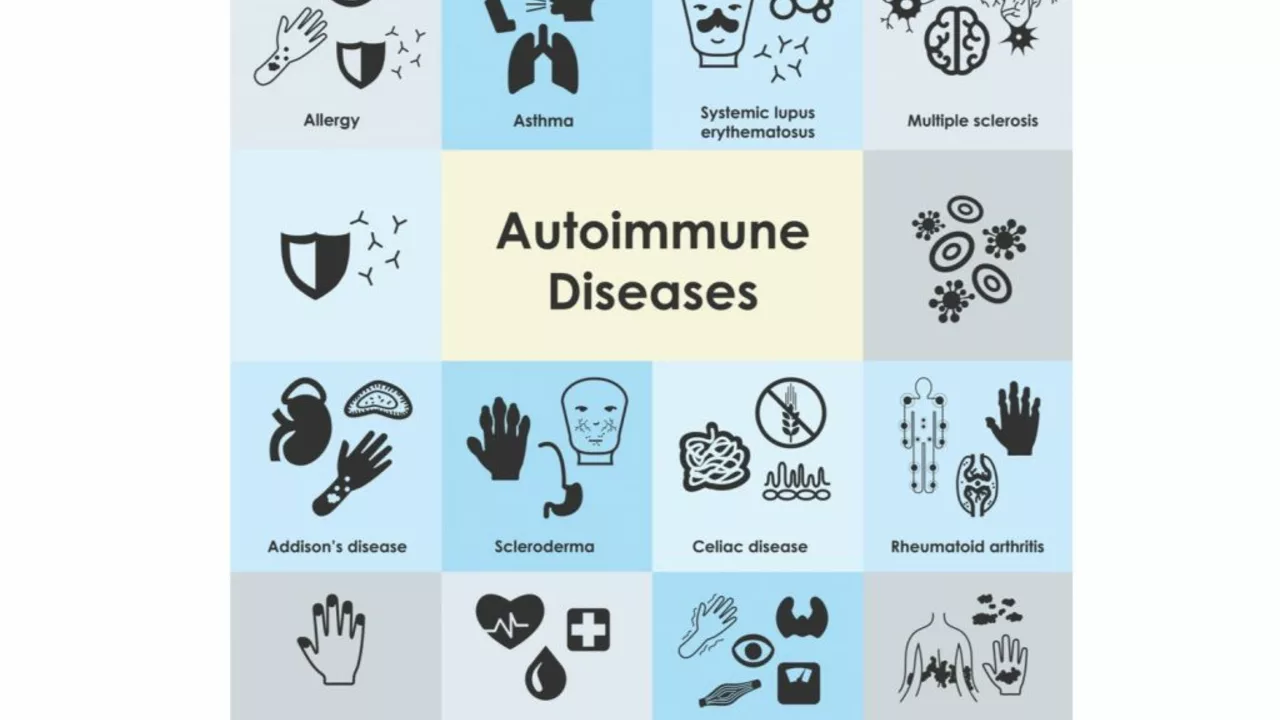Allergies: Practical Help for Symptoms, Treatments, and Everyday Relief
Got constant sneezing, itchy eyes, or a stuffed nose that won’t quit? Allergies are common and annoying, but small changes and the right meds can make a big difference. This page pulls together clear, no-nonsense tips and the most useful posts on GenericCures.com so you can act now and feel better.
Spotting allergies vs a cold
Allergies usually cause itchy eyes, repeated sneezing, and clear runny nose. Colds bring fever, thick mucus, and body aches. If your symptoms come back at the same time every year or happen when you're near dust, pets, or pollen, think allergies. If you’re unsure, one quick route is trying an over-the-counter antihistamine for a few days—if it helps, allergies are likely.
Quick relief and medicines
Over-the-counter antihistamines like loratadine, cetirizine, and fexofenadine are steady first choices for sneezing and itching. They work without making most people sleepy. For nasal congestion and inflammation, steroid nasal sprays (fluticasone, budesonide) reduce swelling and work best when used daily for a few days.
Short-term use of oral decongestants can help, but avoid long-term use and check with your doctor if you have high blood pressure. If you have severe reactions—face or throat swelling, trouble breathing—get emergency care and an epinephrine auto-injector if prescribed.
Immunotherapy (allergy shots or sublingual tablets) can lower sensitivity to triggers over time. Talk to an allergist if meds aren’t cutting it or if you want a longer-term solution.
Daily habits and safe supplements
Small daily changes reduce exposure and symptoms. Keep windows closed during high pollen days, use a HEPA vacuum, wash bedding weekly in hot water, and shower after being outdoors. For pet allergies, keep bedrooms pet-free and wagging brushes outside.
Some supplements can help as an add-on. Quercetin, a plant flavonoid, has natural antihistamine and anti-inflammatory effects in lab work and small clinical studies. People often use 500 mg twice daily for short periods, but check with your healthcare provider before starting anything new—especially if you take other meds.
Nasal irrigation with saline is inexpensive, safe, and often provides fast relief for congestion and mucus. Use sterile or distilled water and keep devices clean to avoid infection.
Related reads on this tag: "Maximize Your Health with Quercetin" for natural support, and "Holistic Anti-Inflammatory Strategies" for diet and lifestyle ideas that tone down allergic inflammation. If symptoms change or get worse, book an appointment—proper testing and targeted treatment can change how you live with allergies.
Lupus and Allergies: What's the Connection?

As a lupus patient, I've always wondered about the connection between lupus and allergies. It turns out that lupus, an autoimmune disease, can cause an overactive immune system that may lead to increased allergies. This means that our bodies might react more strongly to allergens, making us more prone to allergic reactions. Moreover, some lupus medications can also cause or worsen allergies. It's essential for those with lupus to be aware of this connection and take necessary precautions to manage their allergies effectively.
- June 18 2023
- Tony Newman
- 15 Comments
